If you bring up "Avatar" to most college students, they probably think of Micheal Dante Dimartino's and Bryan Konietzko's "The Last Airbender" before they think of James Cameron's mediocre box office smasher. And for good reason. It was beautiful, funny, and tackled complex themes that mostly went over our heads as kids.
Many shows and franchises deal with the concept of "redemption," or have a former antagonist join the rag-tag band of heroes. However, no story has executed as beautifully as "Avatar: The Last Airbender."
When we first meet Prince Zuko, he is a stubborn, hot-headed teenager on a quest to find the Avatar, so he can restore his “honor.” He is the antagonist for the majority of Season 1.
But by the end of Season 3, he is a part of the "Gaang," The protagonists go on “life-changing field trips" with him, and he is instrumental in bringing the evil reign of The Fire Nation to an end.
Often times, redemption arcs can be poorly received by audiences. Fandom will revile a character the author tries to push as a good person, resulting in the general consensus of "Death To The Author." Audiences think what the character has done is irredeemable, or flipping sides was out of character. Sometimes, the character is just plain creepy and unlikable.
So, what makes Zuko likable through every step of his journey, and his progression from evil to good so natural and compelling? Where have some other redemption stories gone wrong?
1. No single act of defiance symbolizes his turn to good.
Does Darth Vader fulfilling the sith Rule of Two really make it better that he murdered like twelve children in Revenge of the Sith?
Unlike the iconic Lord Vader, no one single catalyst or act of defiance symbolizes Zuko’s turn to good. It is a journey, and through each step of this journey, we are sympathetic to his struggle with good and evil. Zuko goes through many stages as an heir, a disgraced prince, a refugee, and is welcomed back into Fire Nation's fold before rejecting it entirely.
Zuko's uncle, an eccentric disgraced Fire Nation general, guides him through his journey.
2. Zuko was never that evil in first place.
A 13-year-old boy yelling at evil, old imperialists.
Zuko wasn’t that evil in the first place. Zuko loves the Fire Nation, because it is home. However, he never fully embraces the Fire Nation’s mission of conquest. At times, he’ll go out of his way to foil it. In fact, we found out early on the reason he was banished from his beloved Nation is that he spoke out against their evil generals. This is an early demonstration of his good character.
Additionally, in Season 1, he is an obstacle to the protagonists but doesn't do anything that would make him irredeemable in the audience's eyes. For example, he doesn’t succeed in killing a well-loved protagonist. For all we know, he’s never killed anyone at all. In fact, as early as Season 1, he does things to help the protagonists and his funny anger outbursts that make him endearing, without undercutting how threatening of a villain he is.
Buffy's love interest kills her computer science teacher, making every other character but her rightfully hate him.
3. Zuko is a child.
Zuko struggling with what to say on a first date.
Like I said, Zuko's character is endearing. He is the perfect embodiment of the moody loner teen archetype. Defiant, temperamental... and just plain awkward.
More importantly though, as a child, he is extremely susceptible to manipulation from his father. Since he is only fifteen, it's easier to accept that "he's just misguided."
These kinds of excuses and behaviors are unacceptable on adults.
Kylo Ren, a "misguided, manipulated" thirty year old man, throwing a tantrum like a twelve year-old on Xbox Live.
4. He isn't a creep.
Zuko offers Katara her necklace back in exchange for Aang's whereabouts.
He’s never creepy towards the female protagonist. There is a tense scene where he captures her and attempts to bargain with her, but never makes any threats with sexual subtext and treats her like a worthy opponent. Their characters share parallels and the two share a lot of powerful moments together throughout the series that are motivated by mutual support of each other. In the finale, Zuko even takes a life-threatening lightning blow for her.
Zuko tells Katara, "You rise with the moon, I rise with the sun."
Loki calls Black Widow "a mewling quim."
These are four basic tenants of a good redemption arc. They shouldn't act like a child unless they are one. There should be early demonstrations of their good character. They don’t fully embrace fascism, racism, imperialism, etc. They don’t abuse their position of power above the protagonists, if any, and they are creepy towards female characters.
More often than not, characters that carry these traits are unsympathetic to righteous fans, and sympathetic to gross ones who agree with their philosophies or try to pair them with the protagonists (why?). Some characters are irredeemable, and that's OK. It's even OK to like these characters, as like as you don't try to unreasonably defend them.
I mean, how can JK Rowling tell us this is someone who you should name your kid after?
"A girl I like rejected me and won't forgive me for calling her a racial slur, so I’m going to fully embrace wizard fascism. It’s what all the cool kids are doing... Okay, I may be done with that now, but now that I'm almost thirty, I think I'll just bully the children I'm in a position of power over instead."


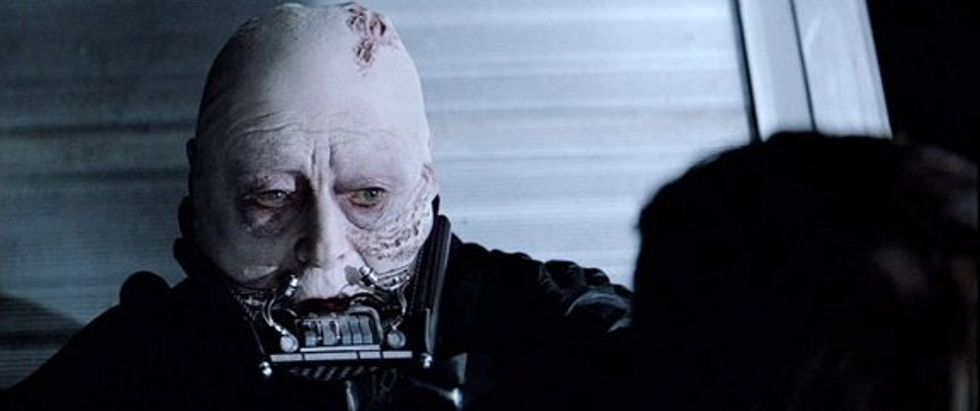
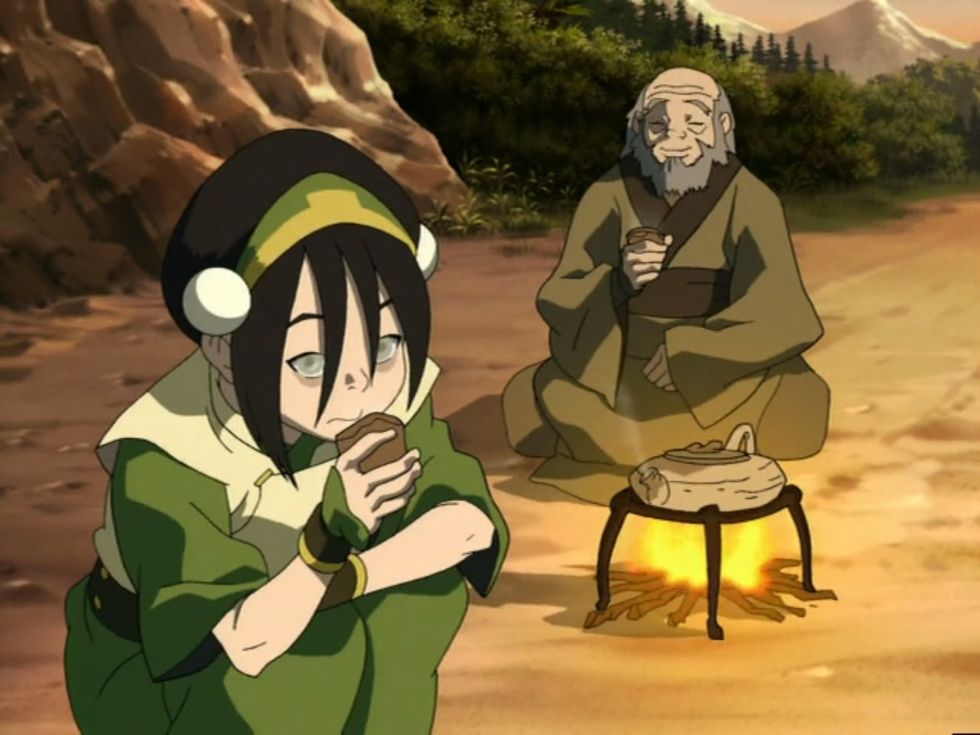
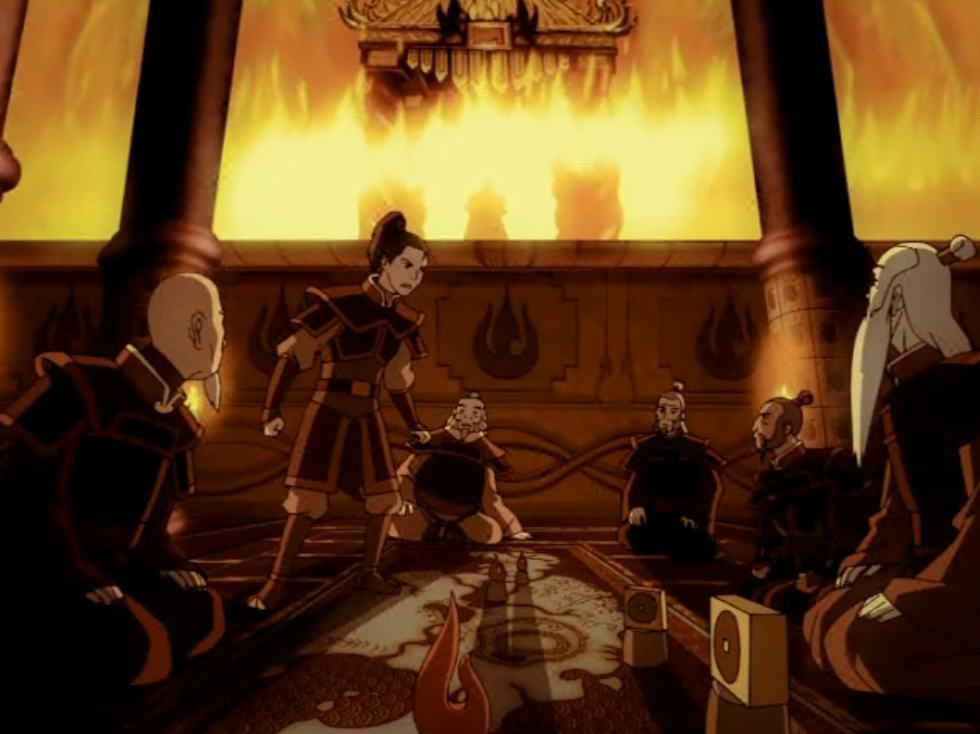
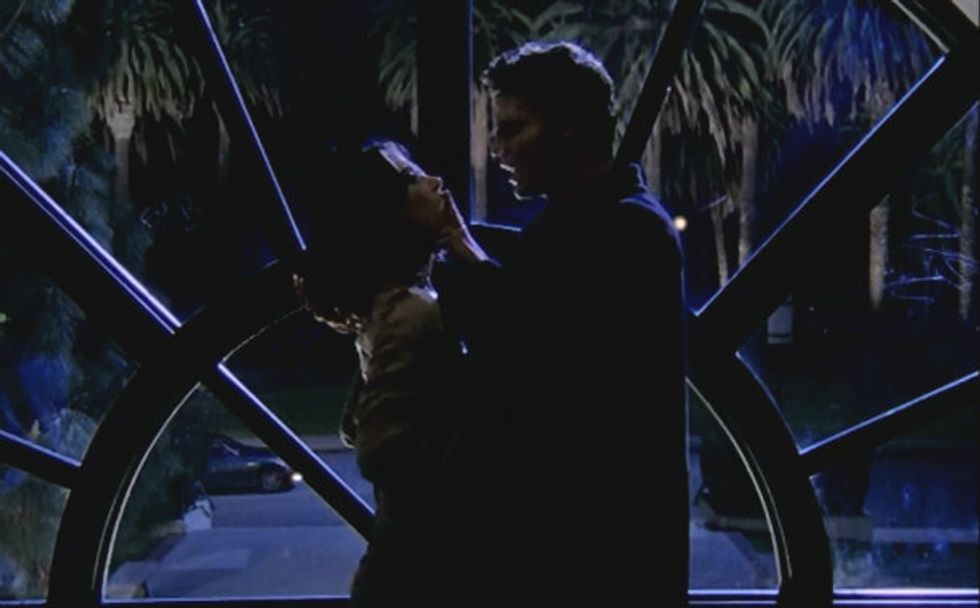
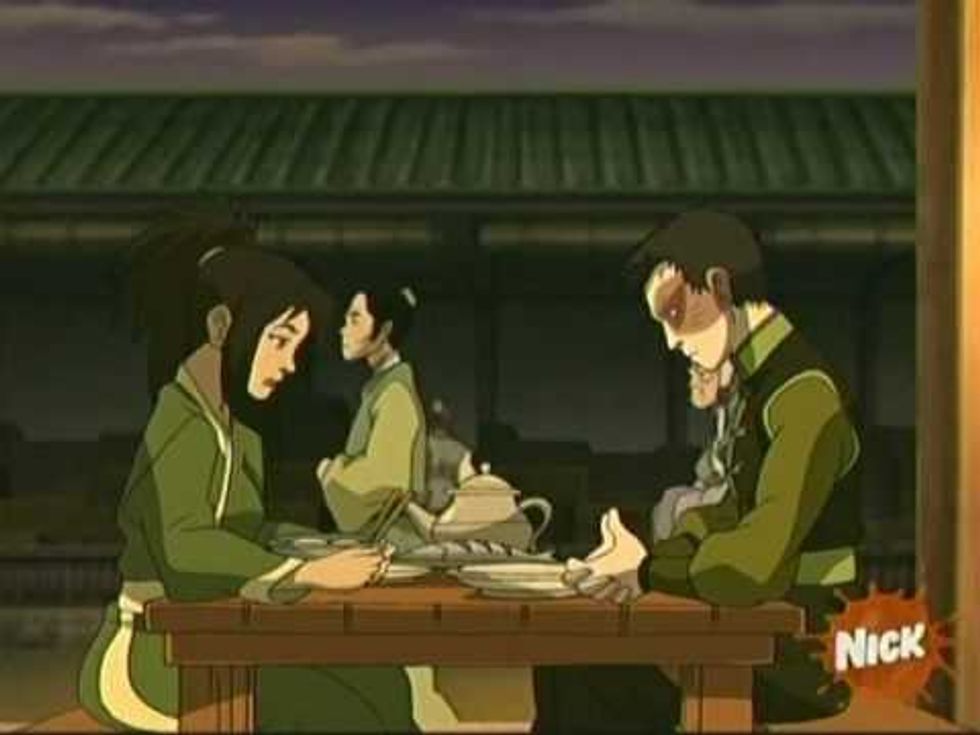
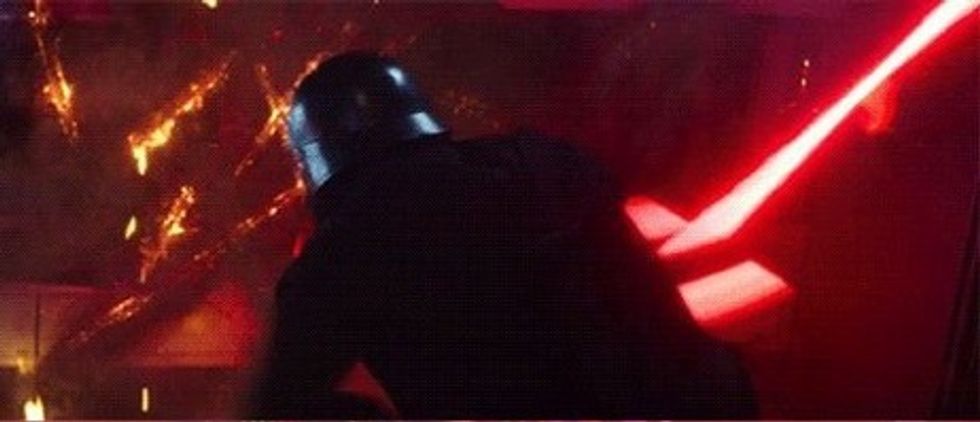
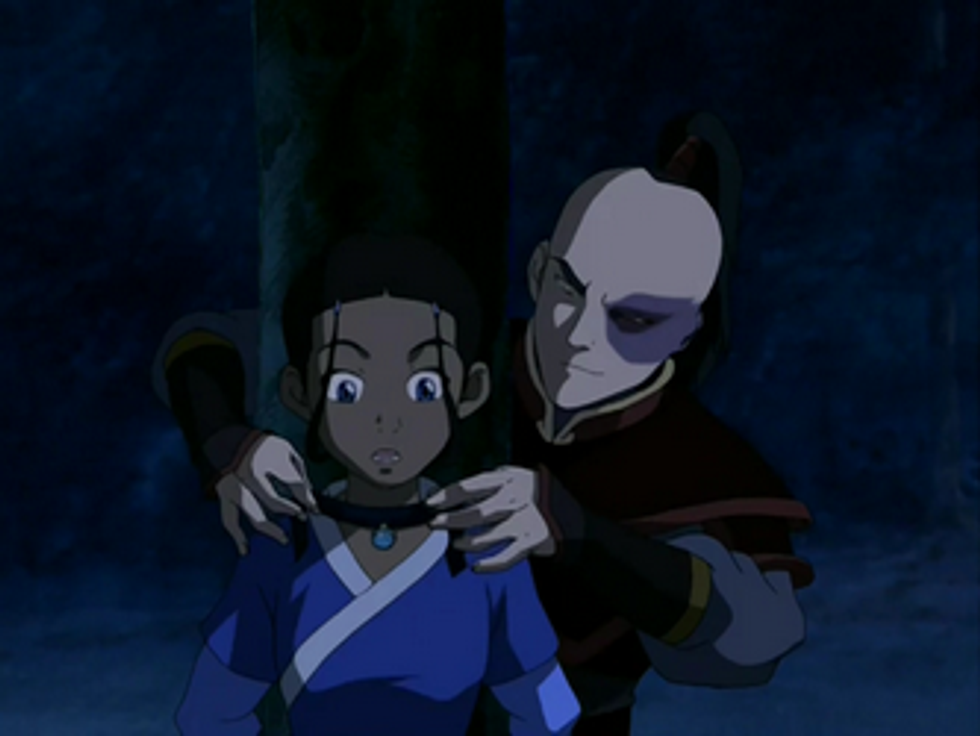
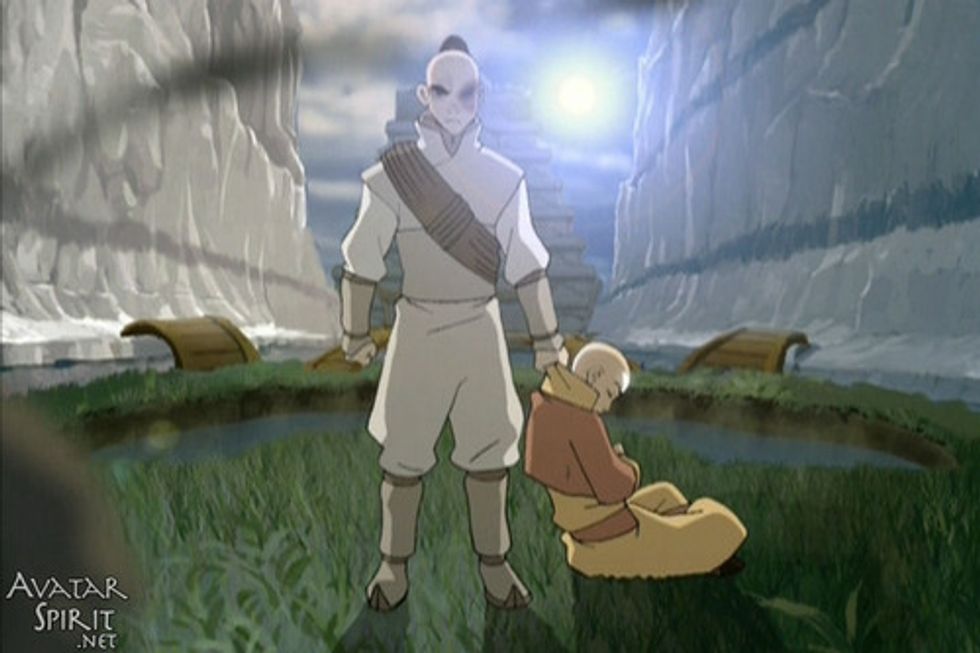
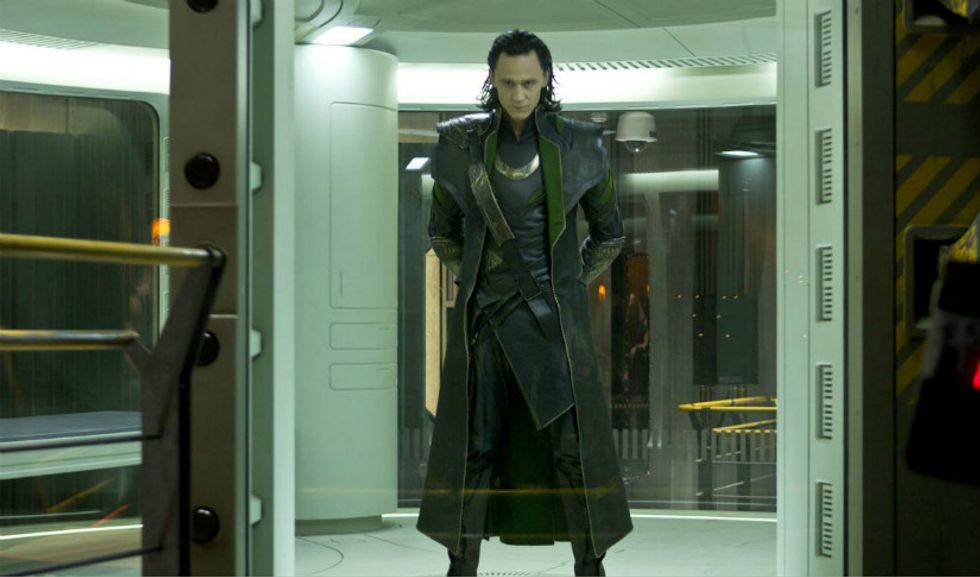
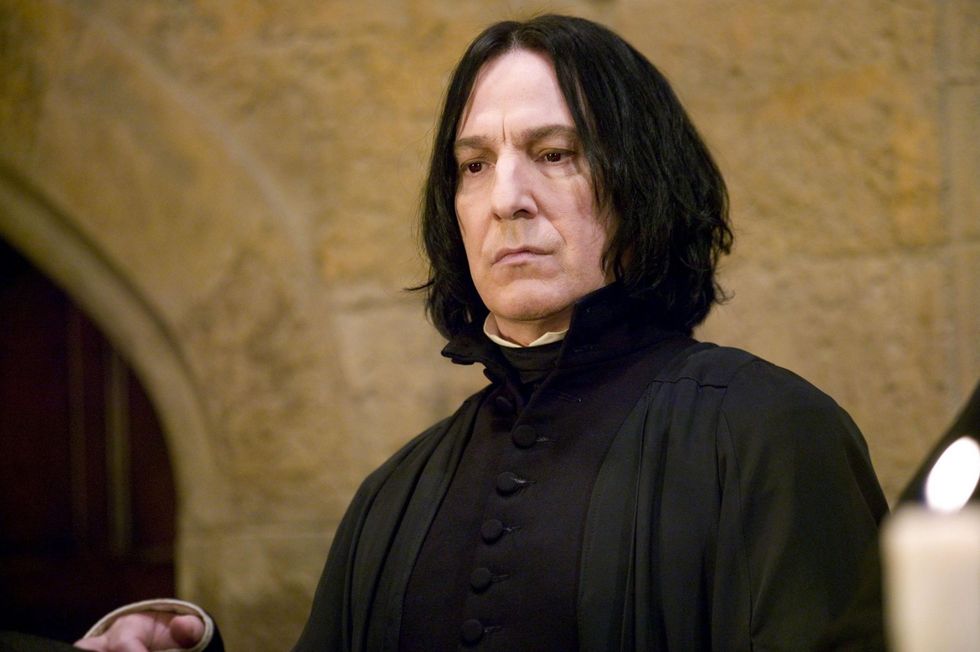 "A girl I like rejected me and won't forgive me for calling her a racial slur, so I’m going to fully embrace wizard fascism. It’s what all the cool kids are doing... Okay, I may be done with that now, but now that I'm almost thirty, I think I'll just bully the children I'm in a position of power over instead."
"A girl I like rejected me and won't forgive me for calling her a racial slur, so I’m going to fully embrace wizard fascism. It’s what all the cool kids are doing... Okay, I may be done with that now, but now that I'm almost thirty, I think I'll just bully the children I'm in a position of power over instead."















